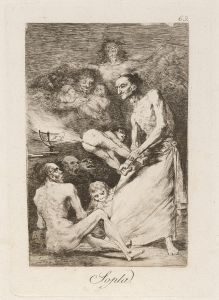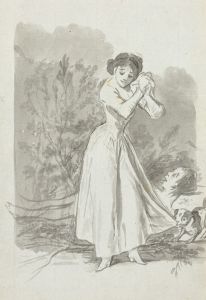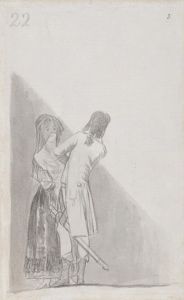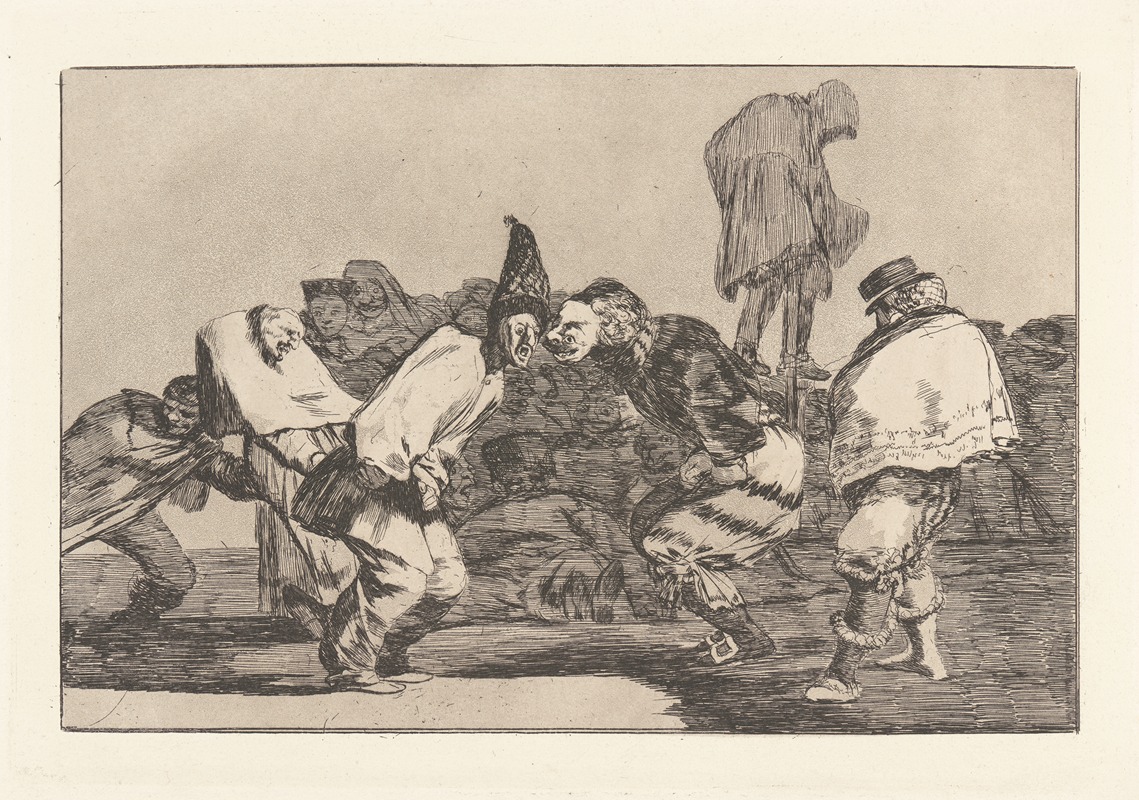
Rejoice, Carnival, for Tomorrow Thou Wilt Be Ashes [Carnival Folly]
A hand-painted replica of Francisco de Goya’s masterpiece Rejoice, Carnival, for Tomorrow Thou Wilt Be Ashes [Carnival Folly], meticulously crafted by professional artists to capture the true essence of the original. Each piece is created with museum-quality canvas and rare mineral pigments, carefully painted by experienced artists with delicate brushstrokes and rich, layered colors to perfectly recreate the texture of the original artwork. Unlike machine-printed reproductions, this hand-painted version brings the painting to life, infused with the artist’s emotions and skill in every stroke. Whether for personal collection or home decoration, it instantly elevates the artistic atmosphere of any space.
Francisco de Goya, a prominent Spanish painter and printmaker, is renowned for his profound impact on the art world, particularly during the late 18th and early 19th centuries. One of his works, "Rejoice, Carnival, for Tomorrow Thou Wilt Be Ashes" (also known as "Carnival Folly"), is part of his extensive exploration of human folly and societal critique. However, specific details about this particular piece are scarce, and it is not as widely documented or studied as some of his other works, such as "The Third of May 1808" or "Saturn Devouring His Son."
Goya's oeuvre often delves into themes of human nature, societal norms, and the darker aspects of life, reflecting the tumultuous times in which he lived. His works frequently critique the social and political structures of his day, using satire and symbolism to convey his messages. The title "Rejoice, Carnival, for Tomorrow Thou Wilt Be Ashes" suggests a reflection on the transient nature of life and festivities, a common theme in Goya's work that underscores the fleeting nature of joy and the inevitability of mortality.
Goya's career spanned a period of significant change in Spain, including the Enlightenment, the Peninsular War, and the subsequent political upheaval. These events deeply influenced his artistic vision, leading him to produce works that were both innovative and critical of contemporary society. His art often juxtaposes the celebratory aspects of life with a somber reminder of its impermanence, a duality that is suggested by the title of this piece.
While specific information about "Rejoice, Carnival, for Tomorrow Thou Wilt Be Ashes" is limited, it can be contextualized within Goya's broader body of work, which frequently employs allegory and metaphor to explore complex themes. His paintings and prints often feature grotesque or fantastical imagery, serving as a vehicle for his commentary on human nature and societal flaws.
Goya's influence on the art world is profound, as he is considered a precursor to modern art movements such as Romanticism and Expressionism. His willingness to confront uncomfortable truths and depict the darker sides of human experience set him apart from many of his contemporaries. His work continues to be studied for its technical mastery and its ability to convey powerful social and political messages.
In summary, while detailed information about "Rejoice, Carnival, for Tomorrow Thou Wilt Be Ashes" is not readily available, its thematic elements can be inferred from Goya's broader artistic concerns. His work remains a testament to his skill as an artist and his deep engagement with the world around him, offering insights into the human condition that are as relevant today as they were in his own time.





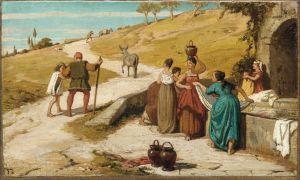
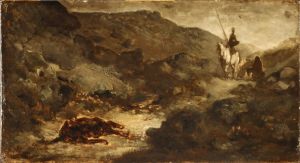
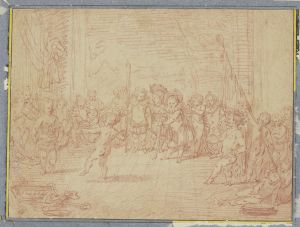
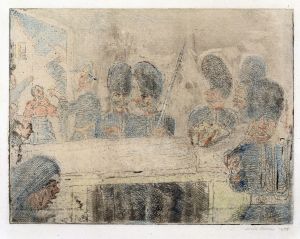
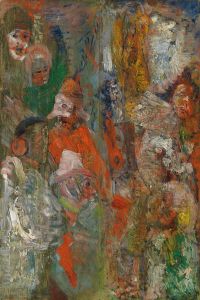


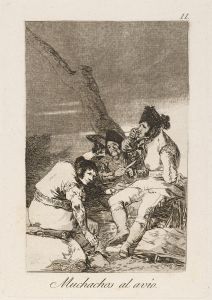
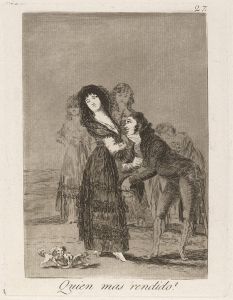
![She Who Is Ill Wed Never Misses a Chance to Say So [Disorderly Folly]](/imgs/264653/s/francisco-de-goya-she-who-is-ill-wed-never-misses-a-chance-to-say-so-disorderly-folly-4545d327.jpg)
